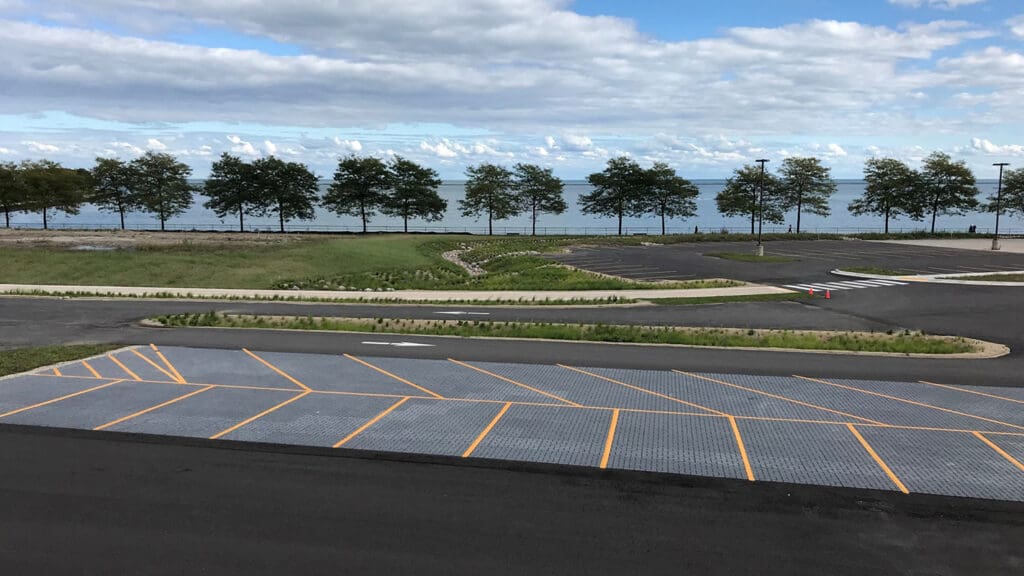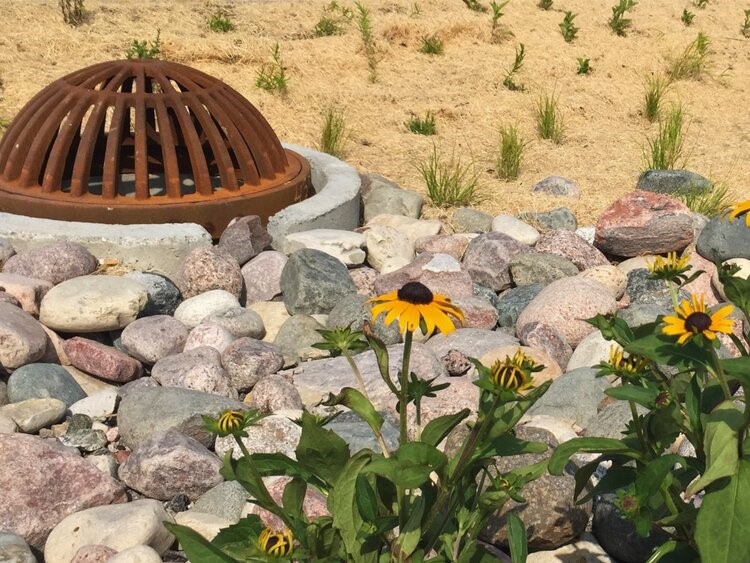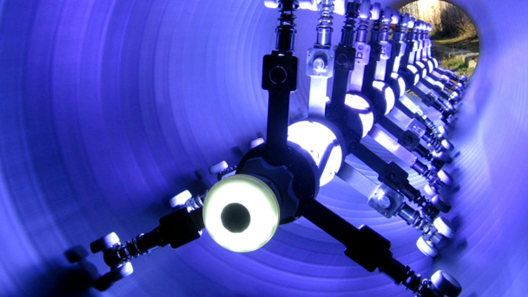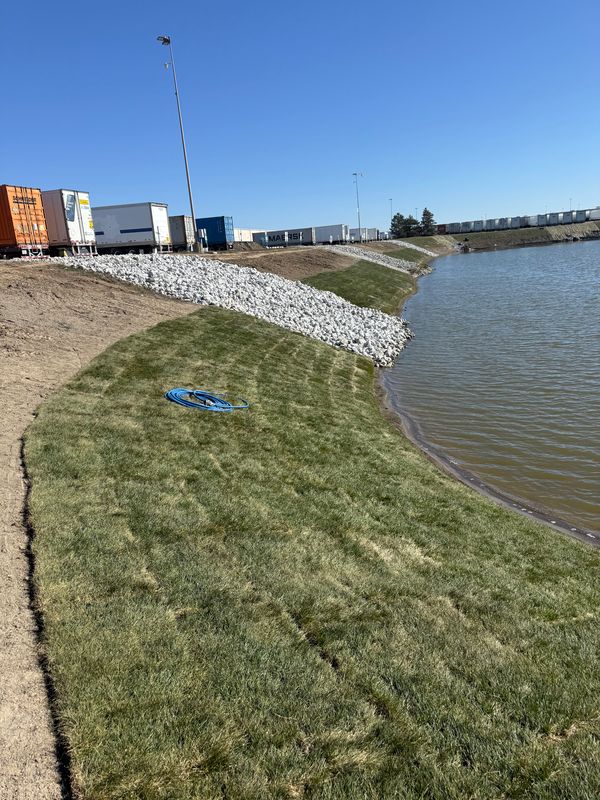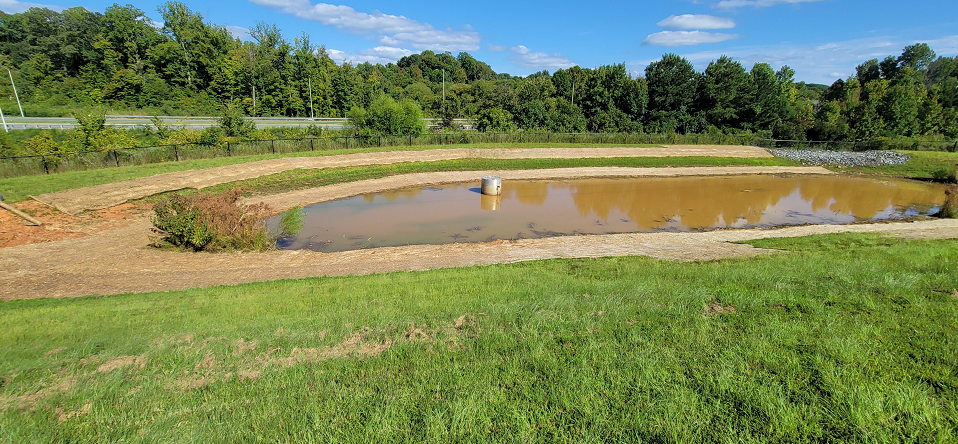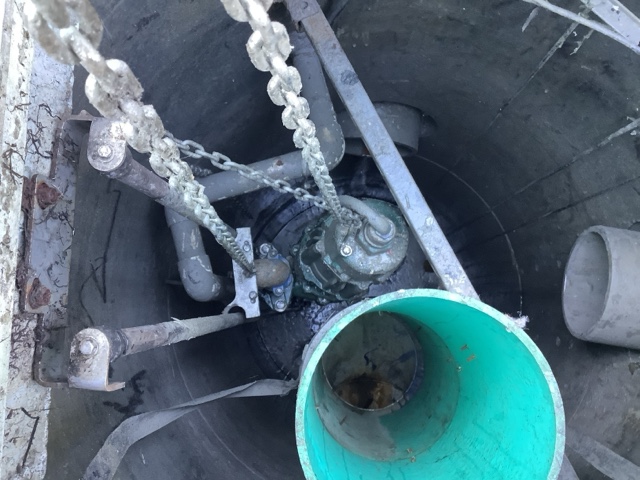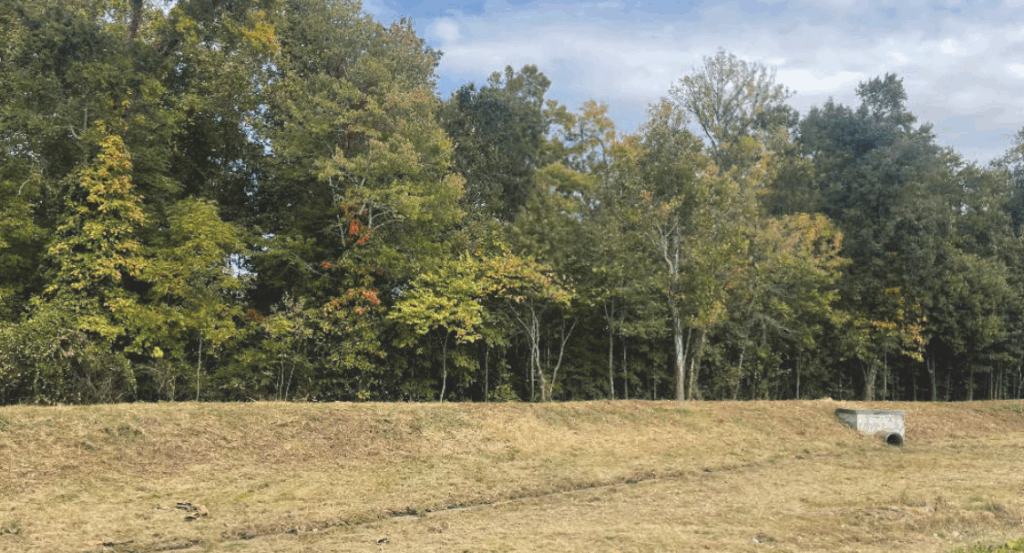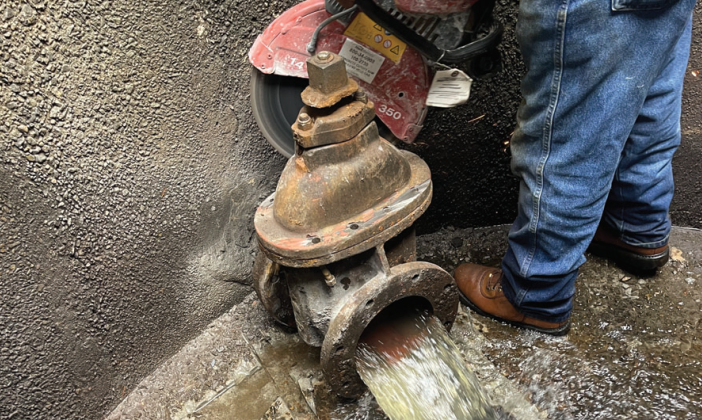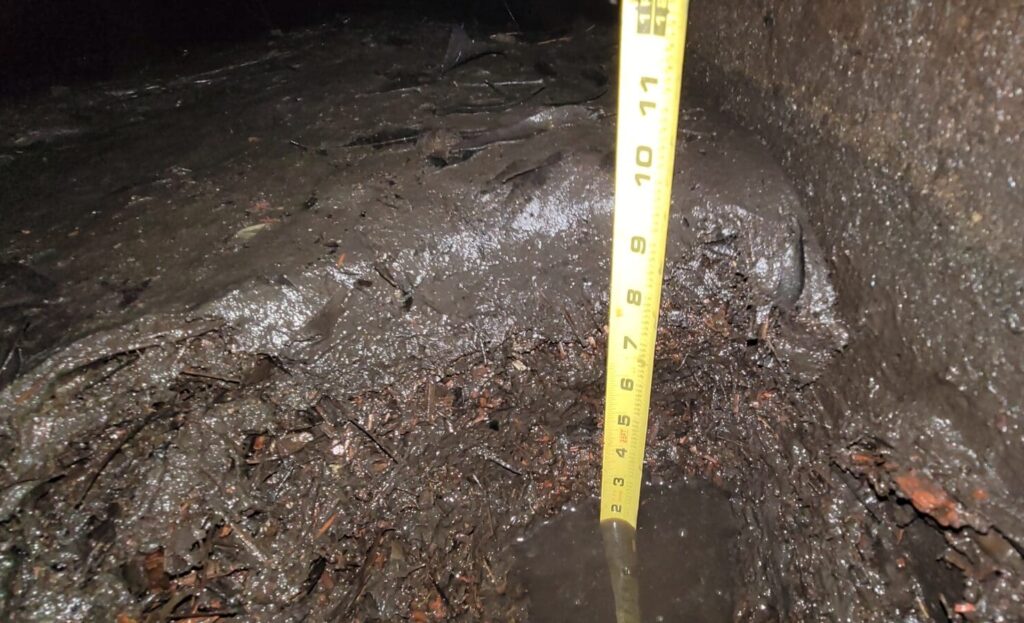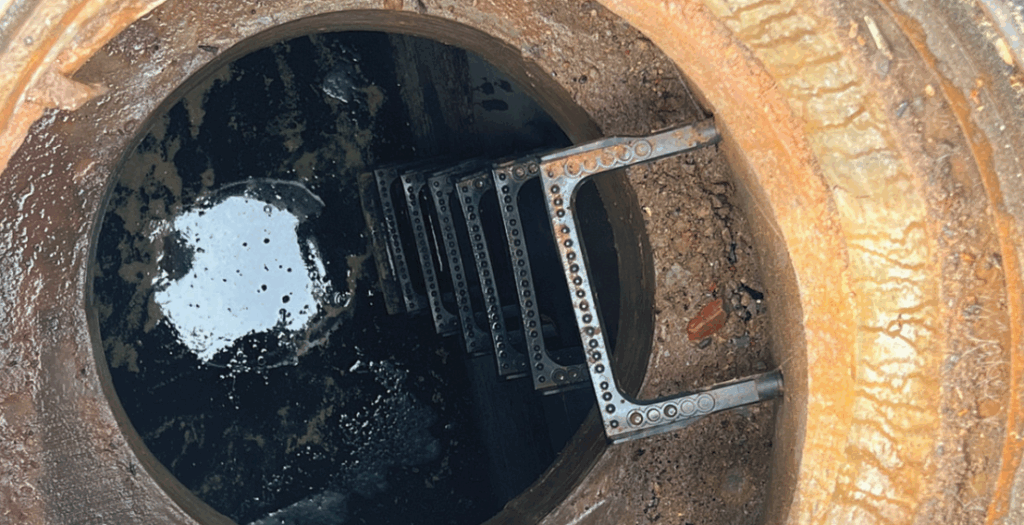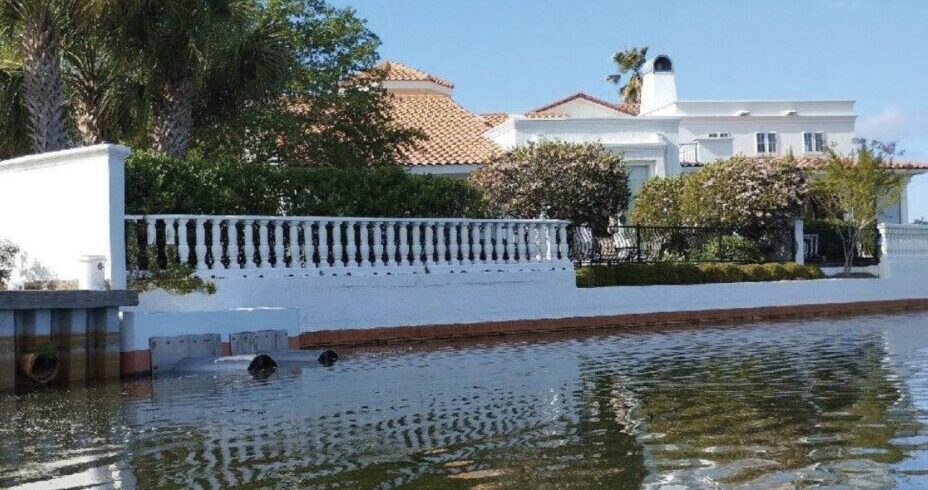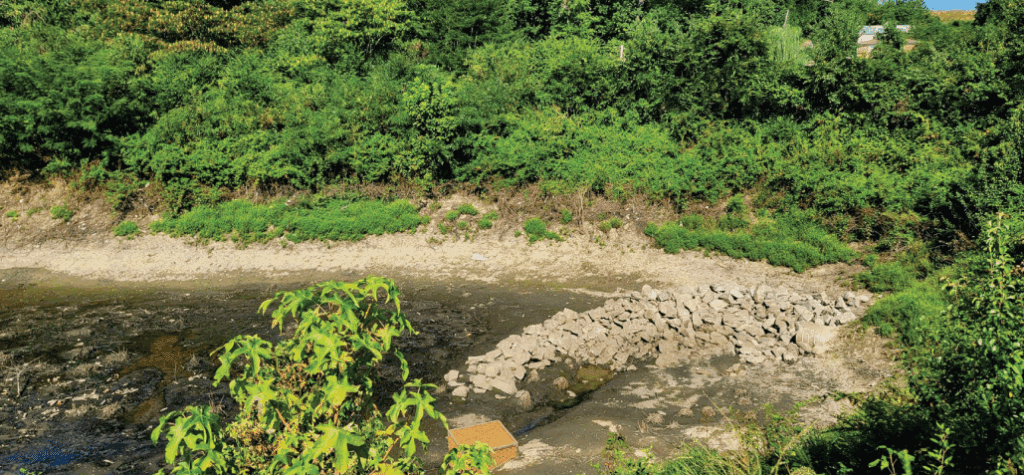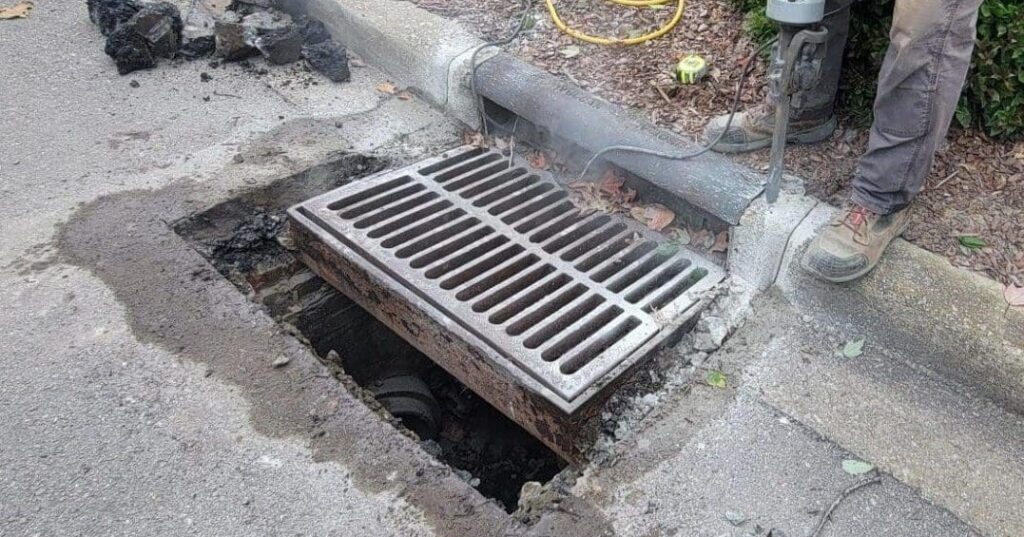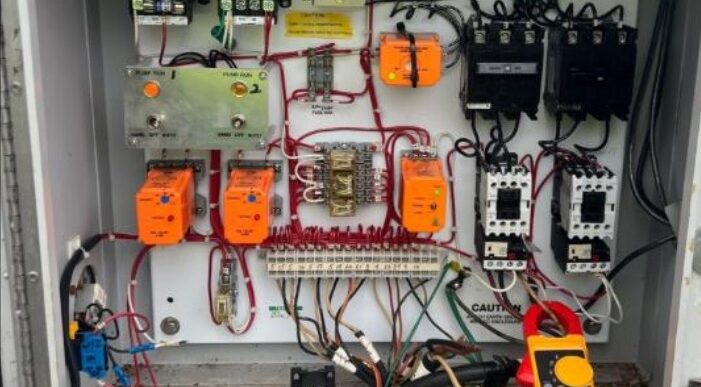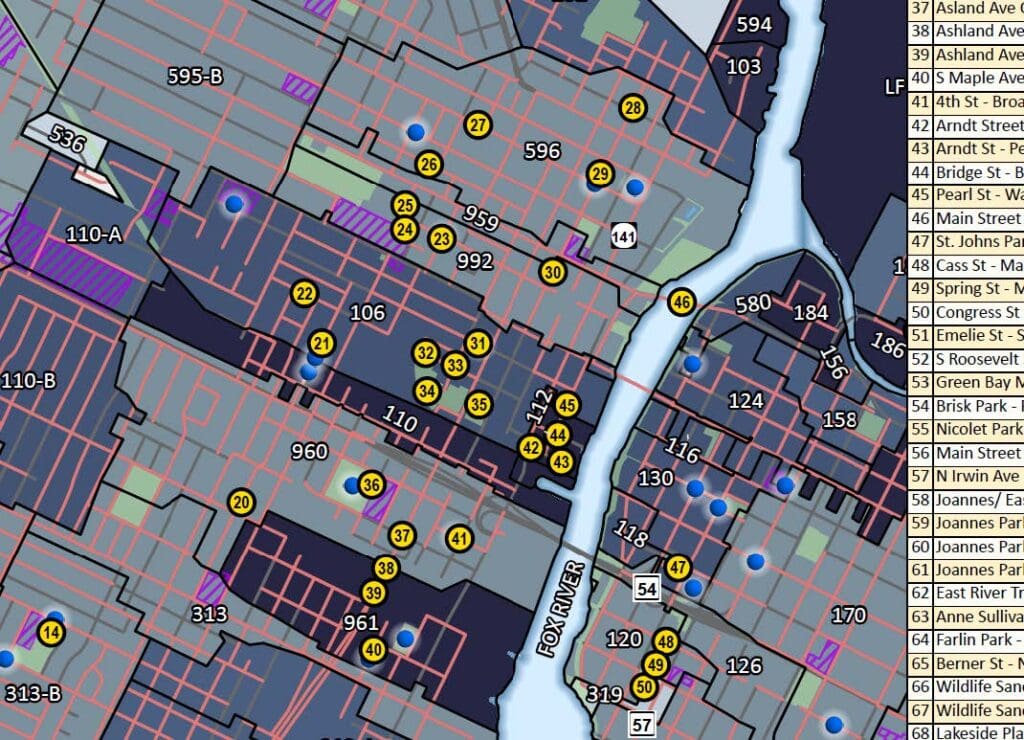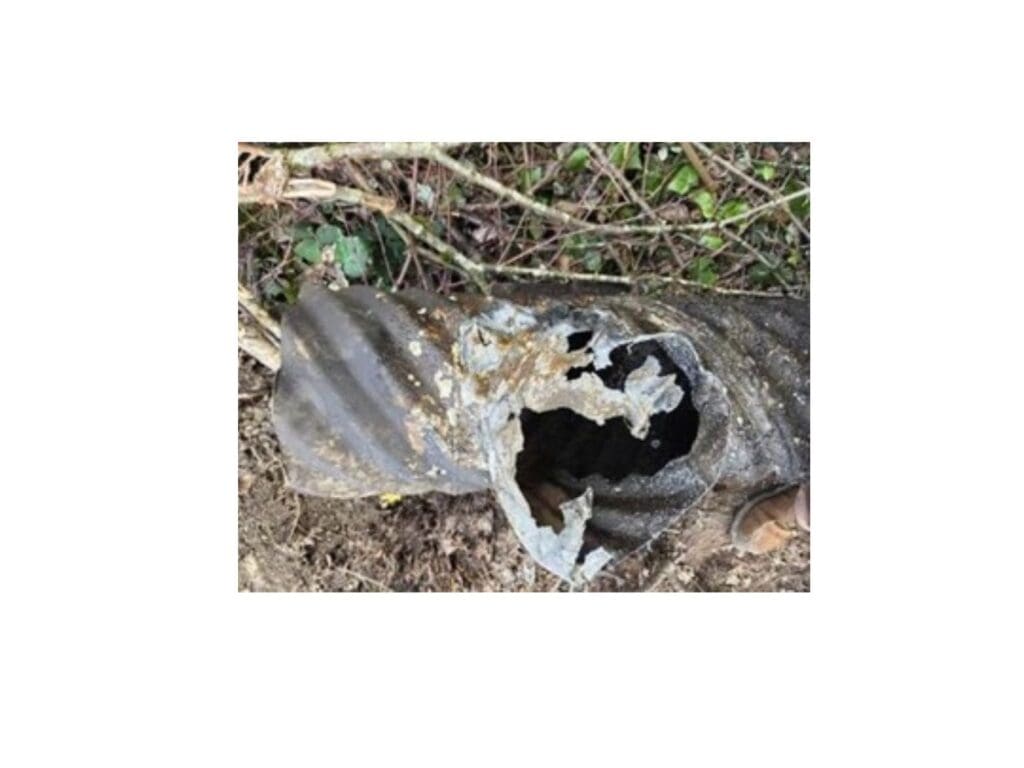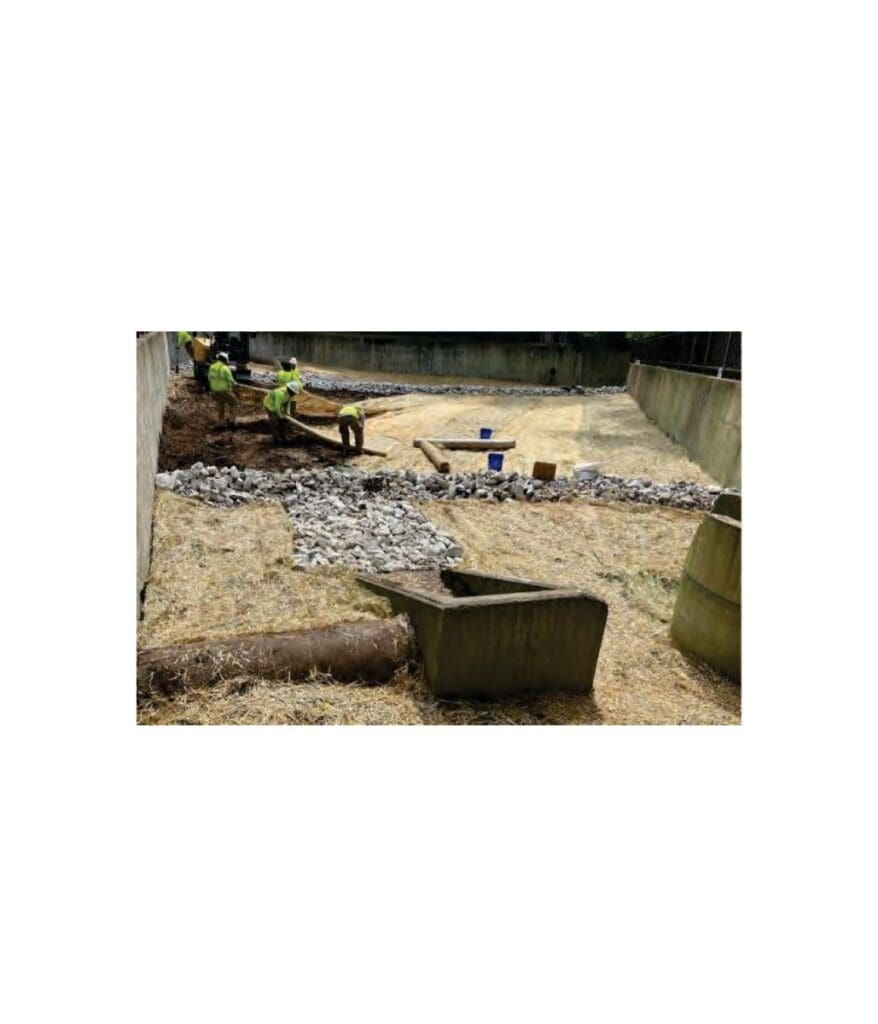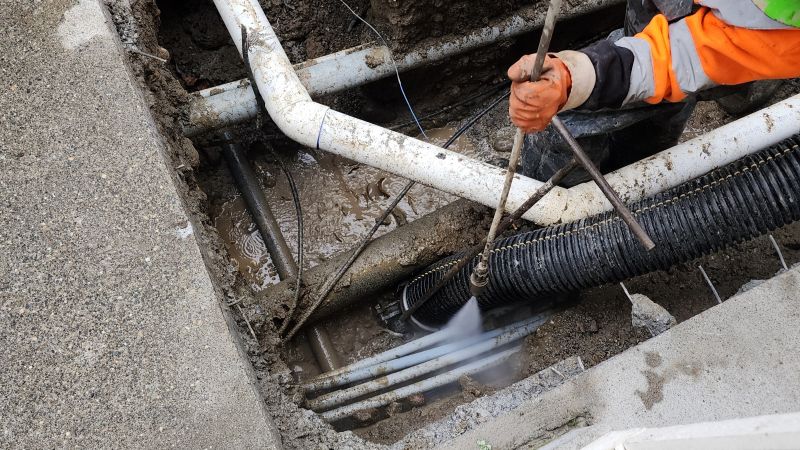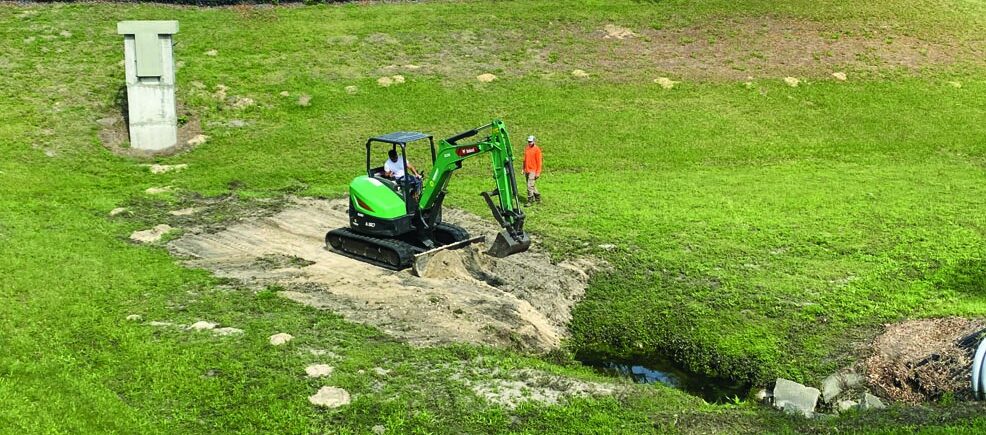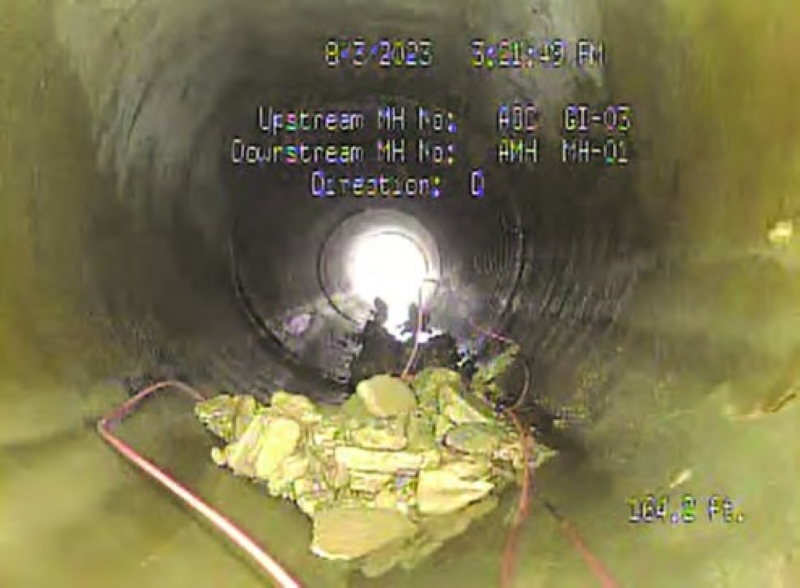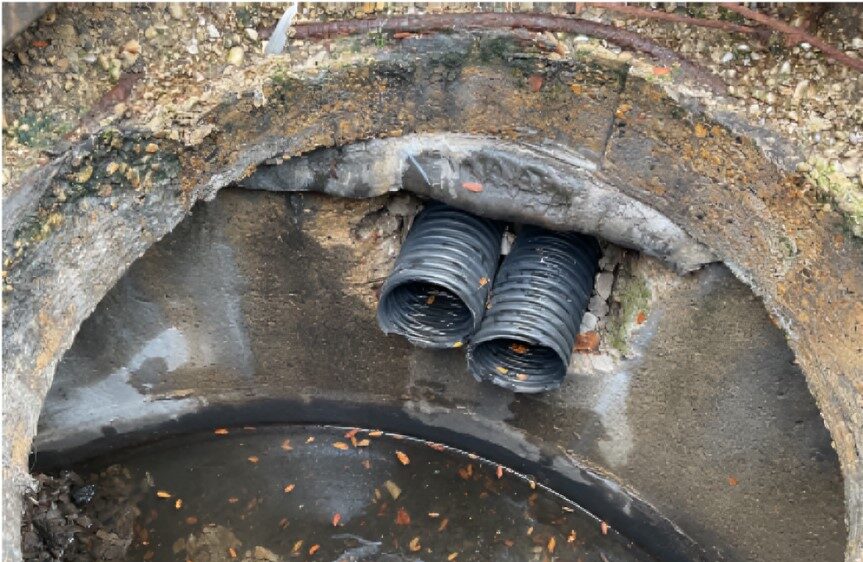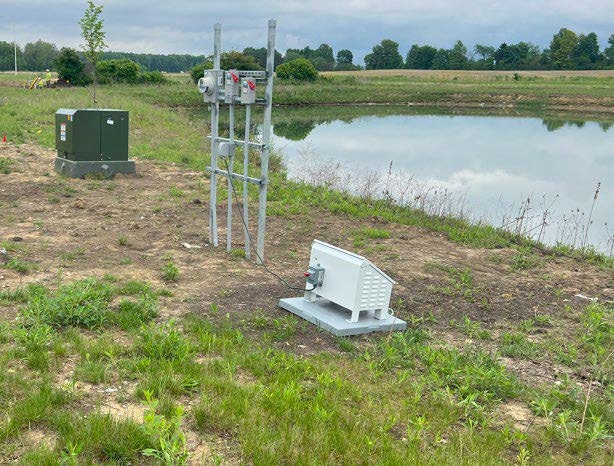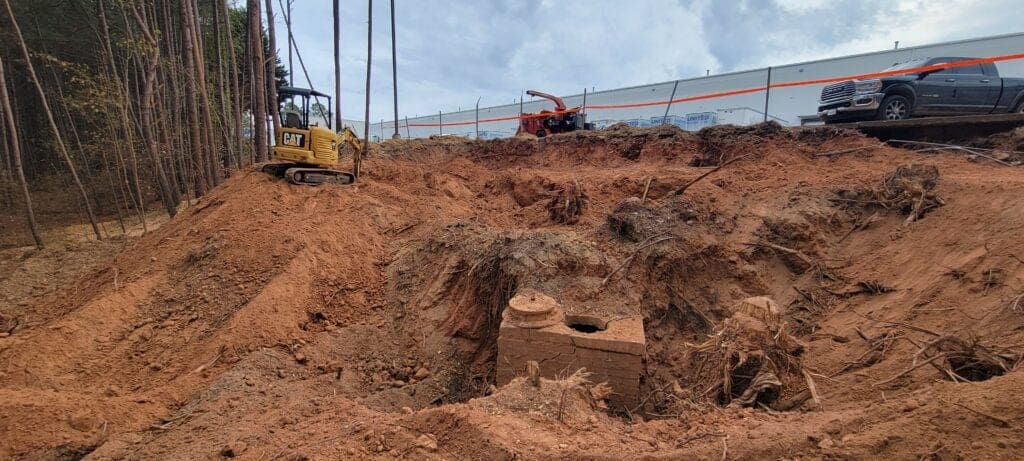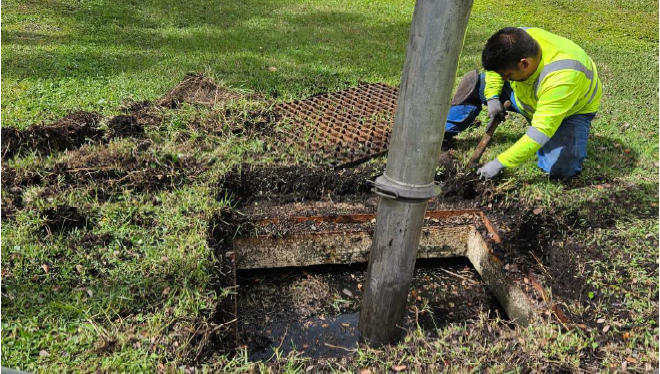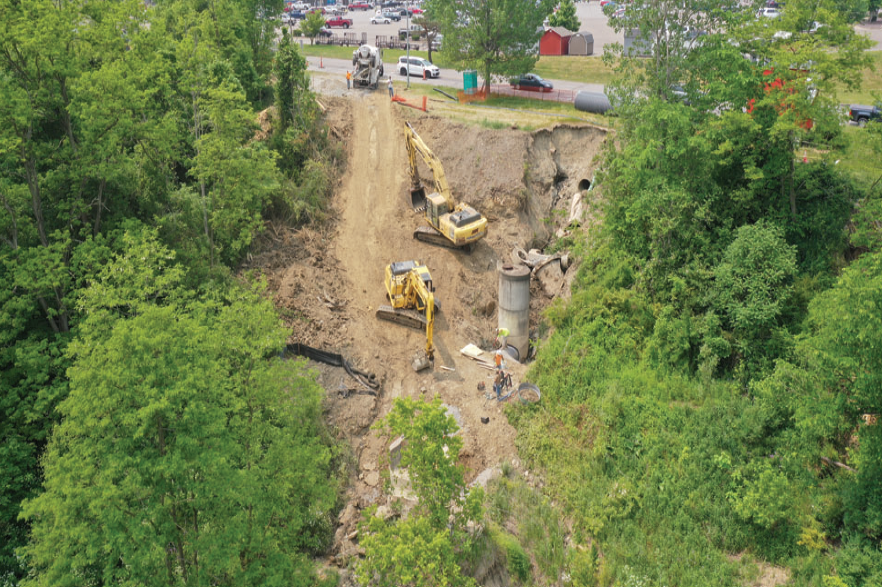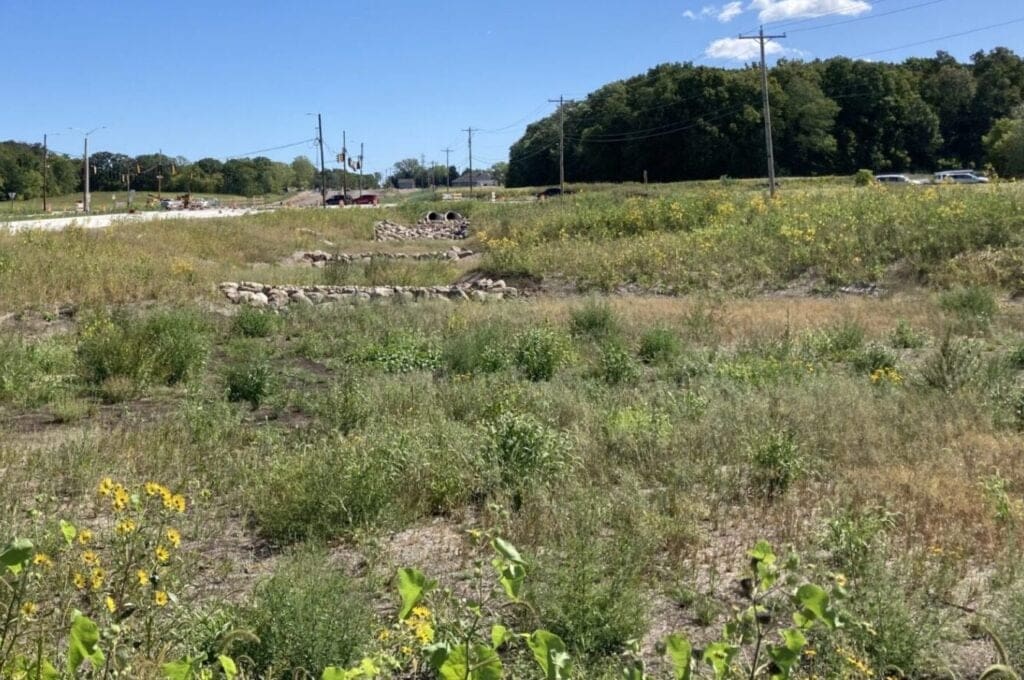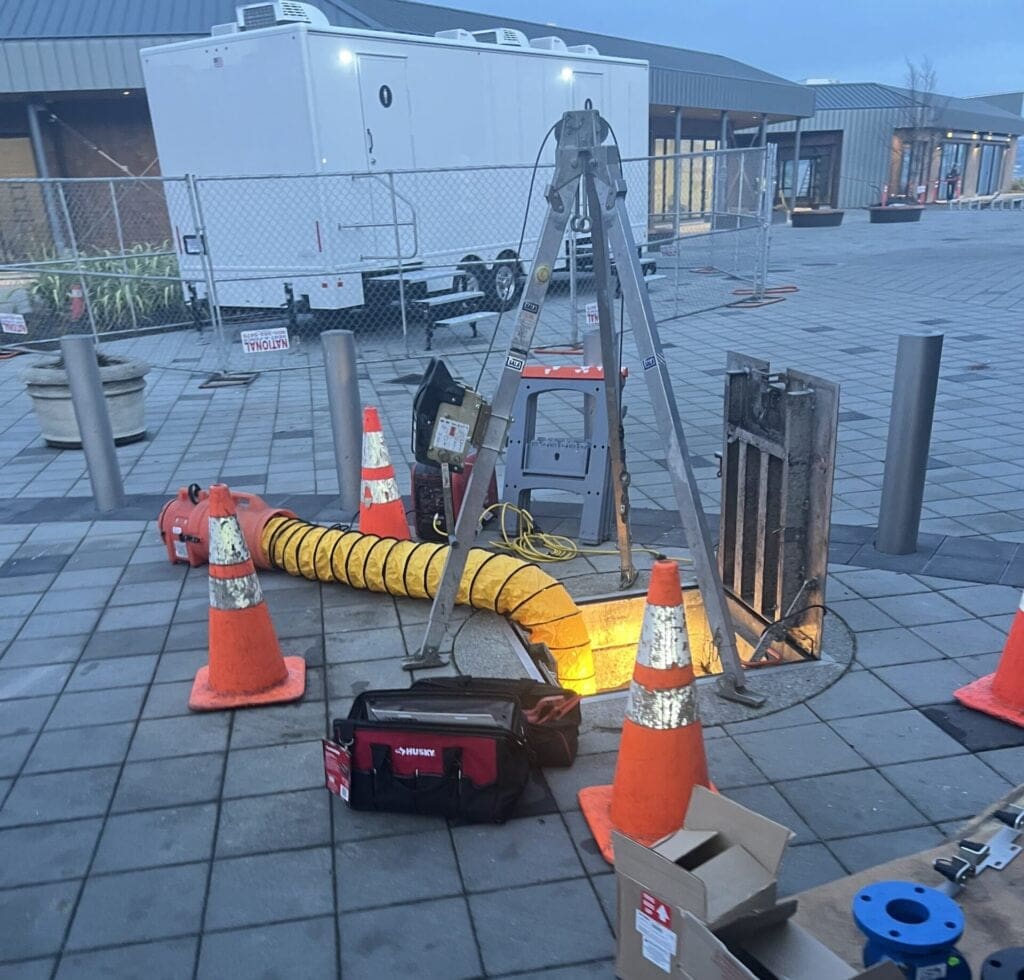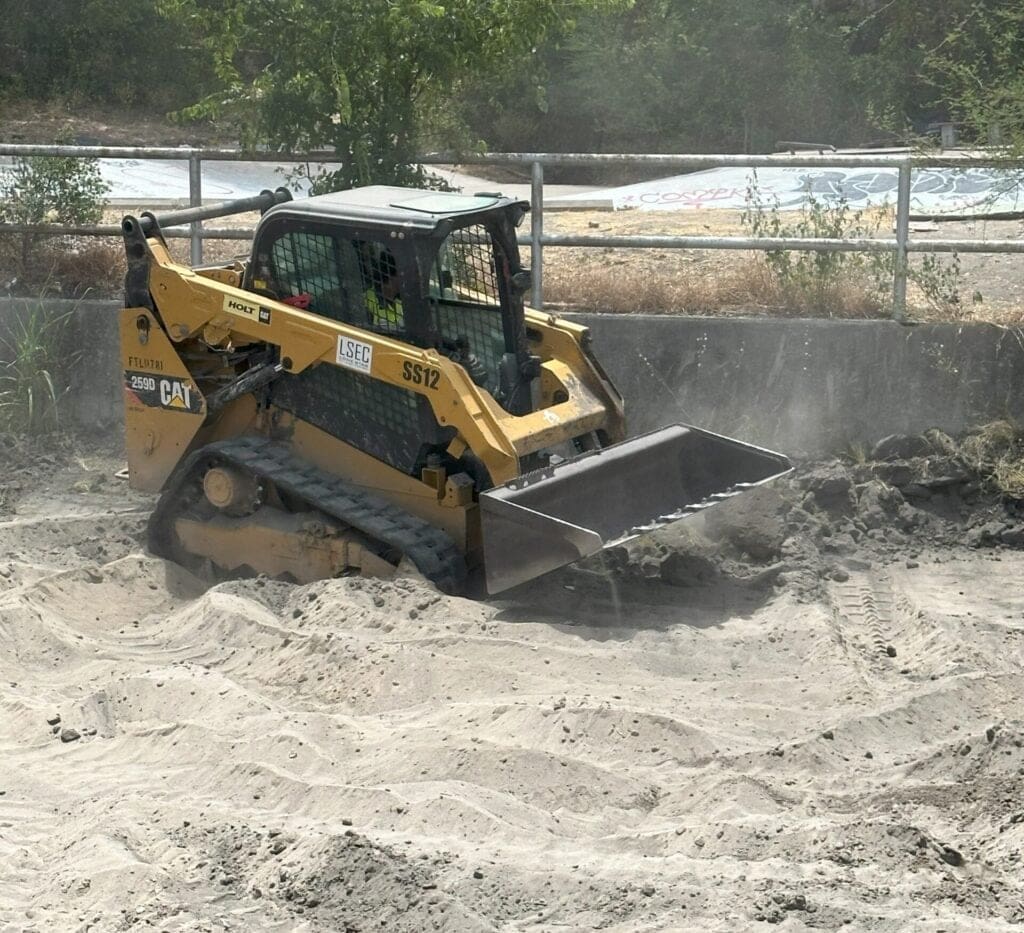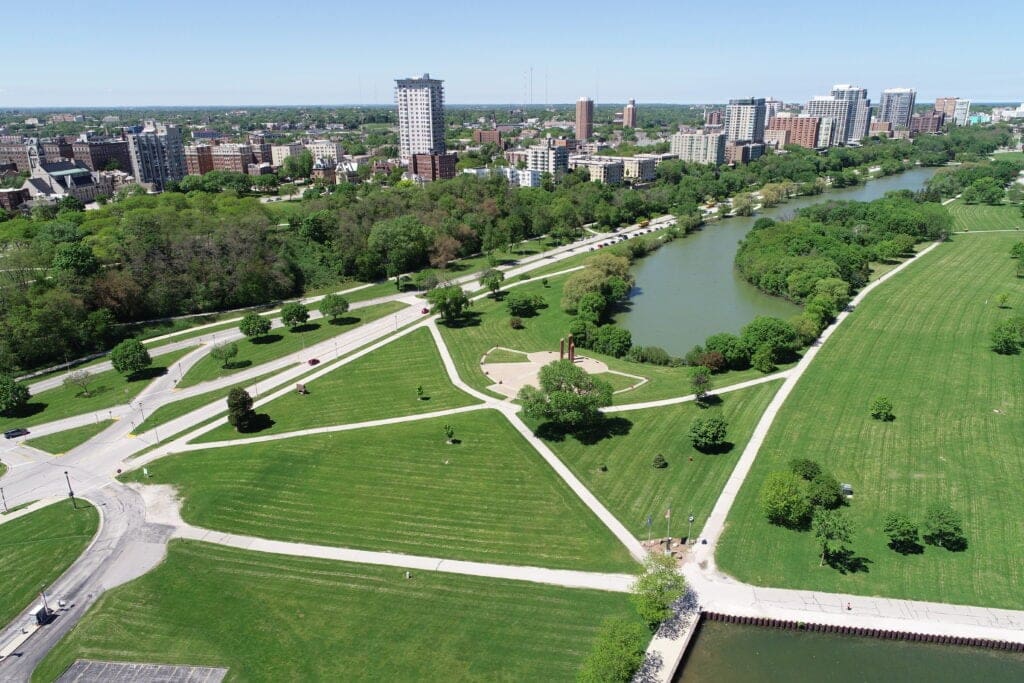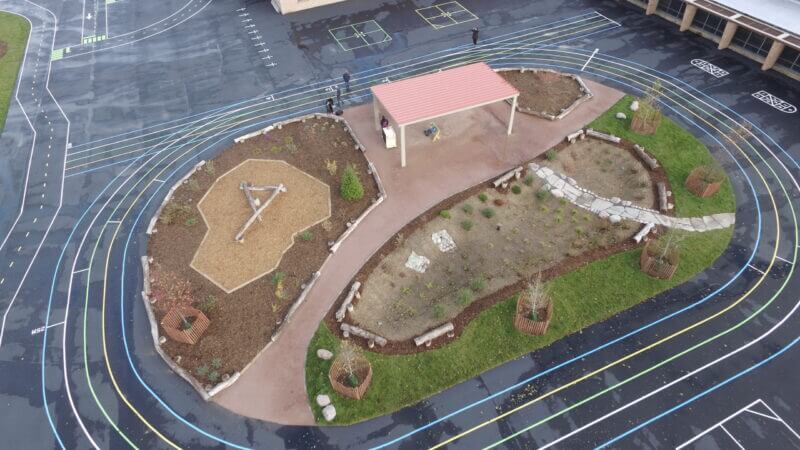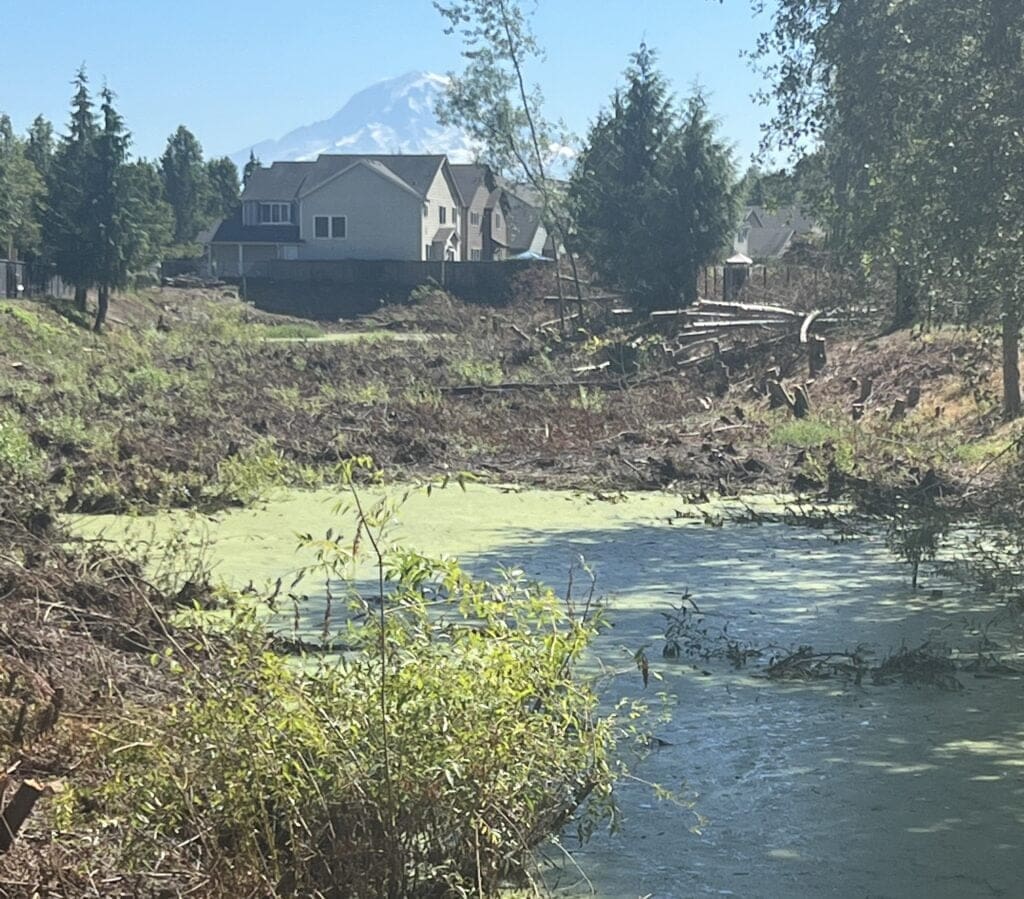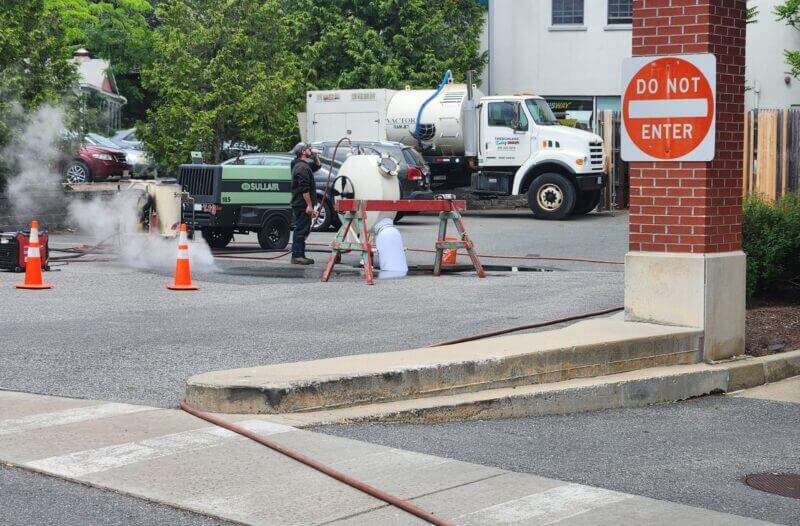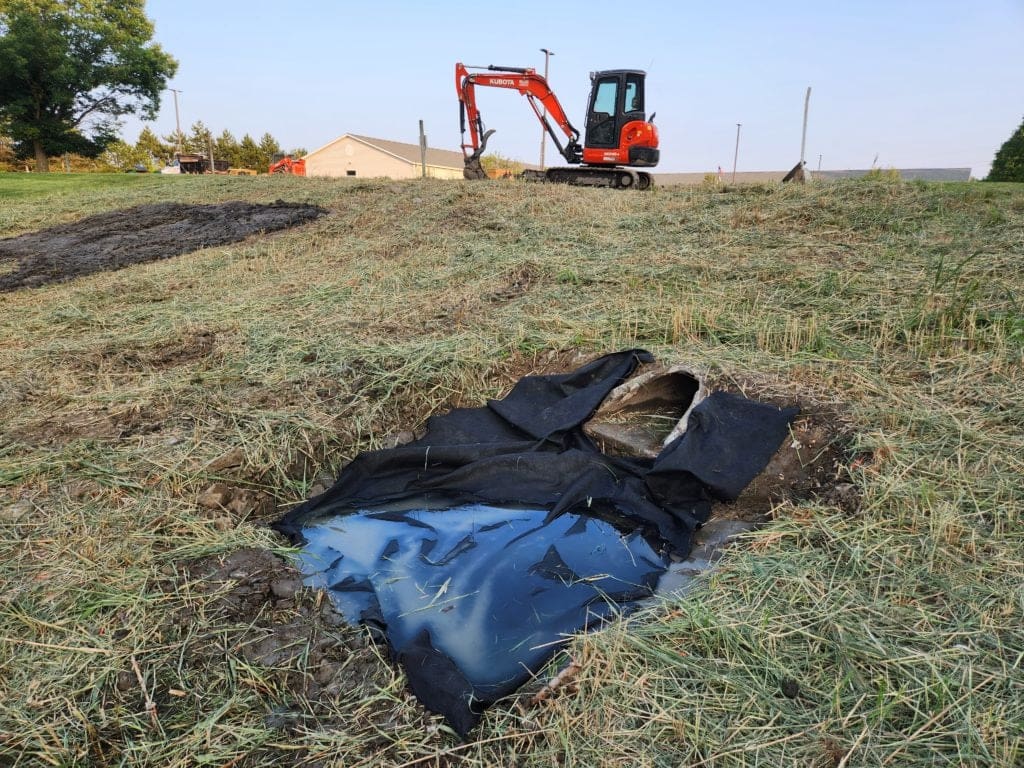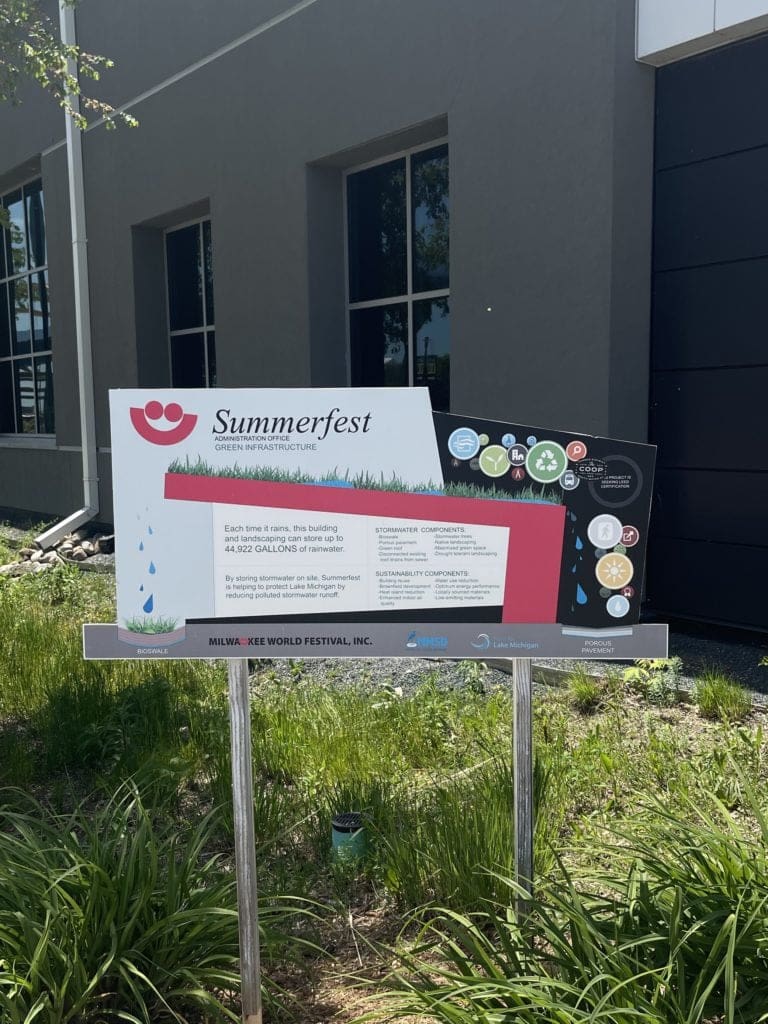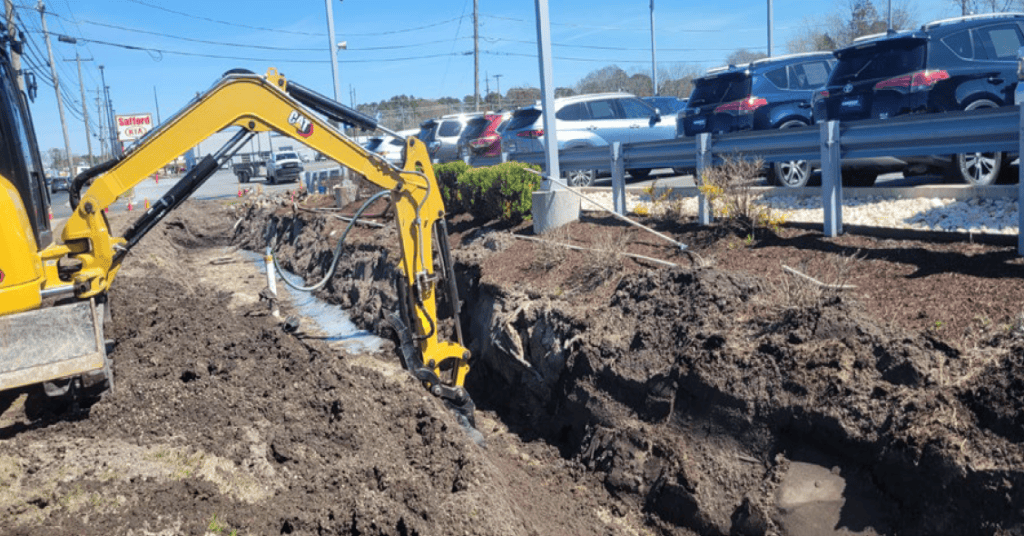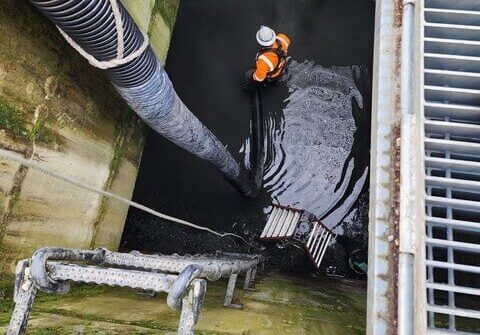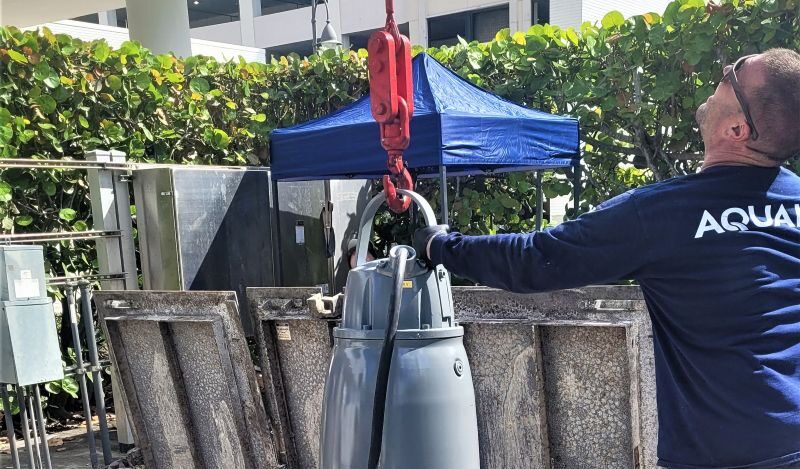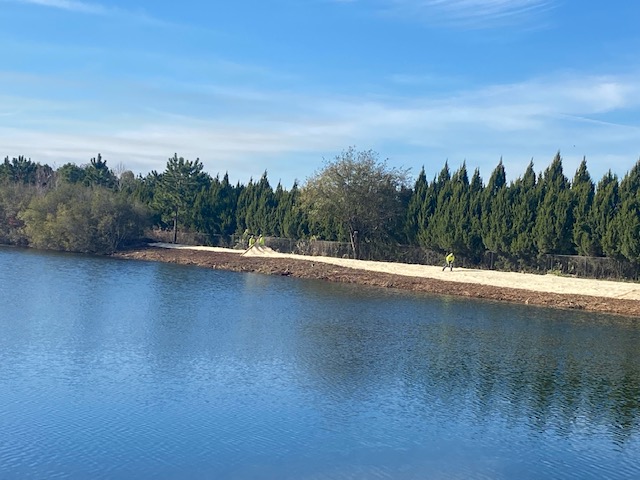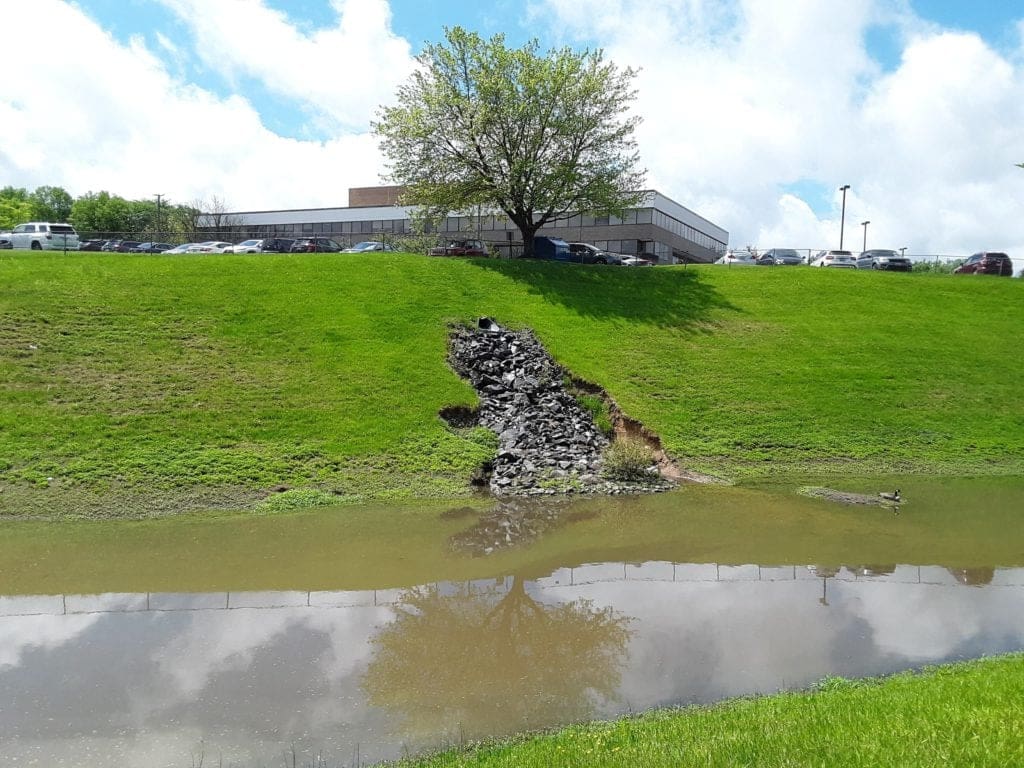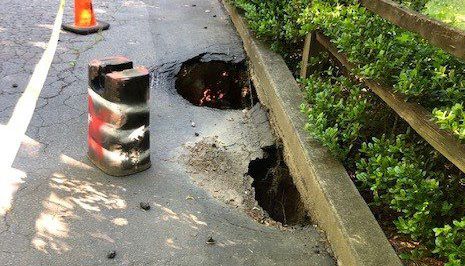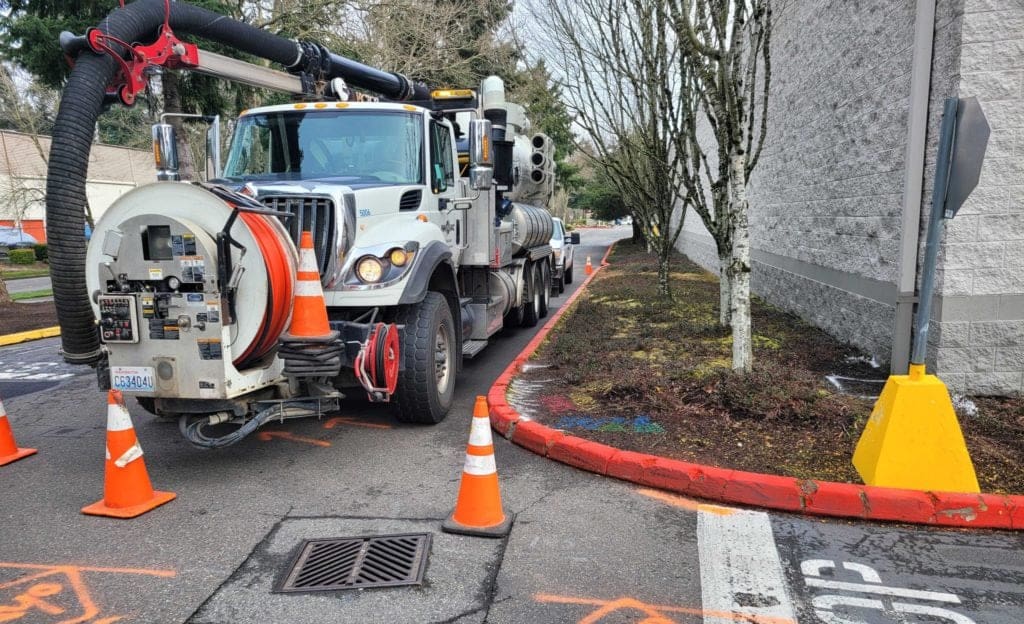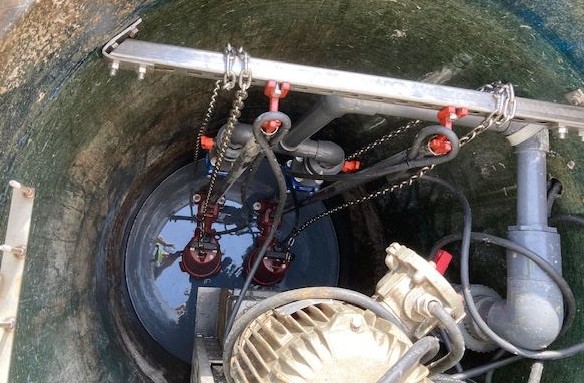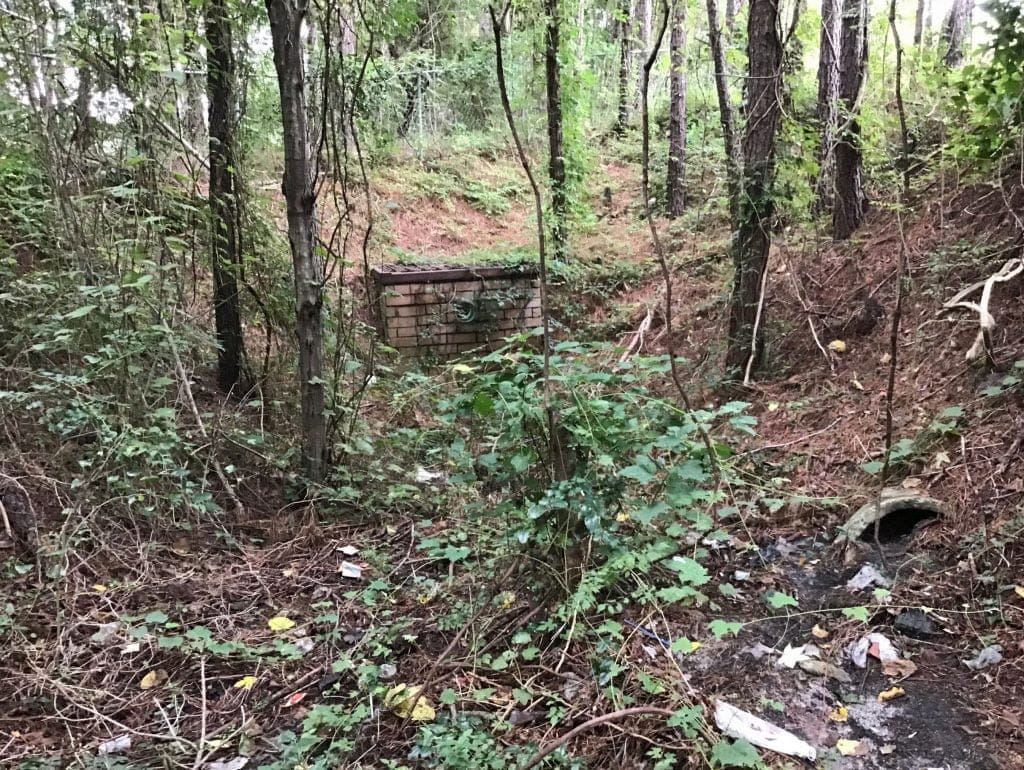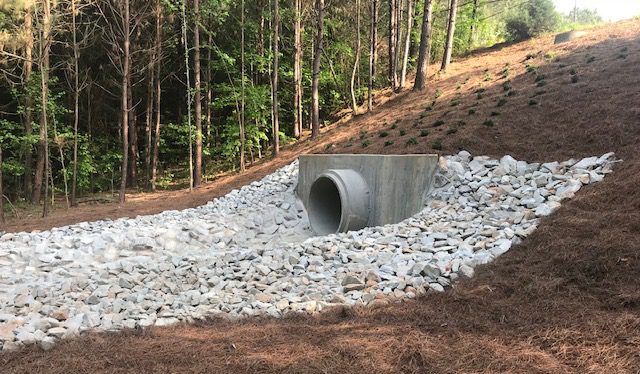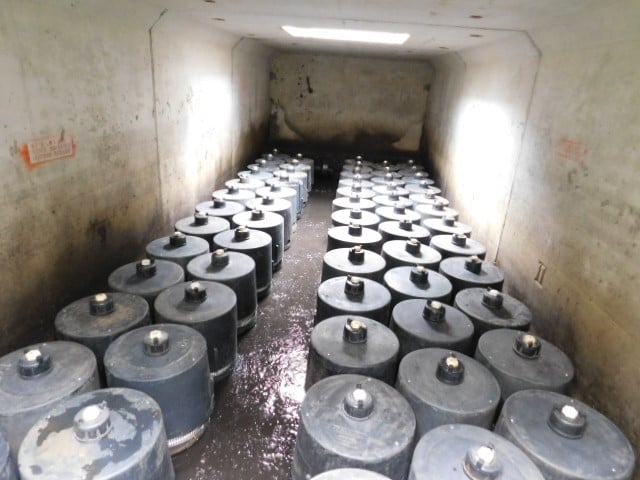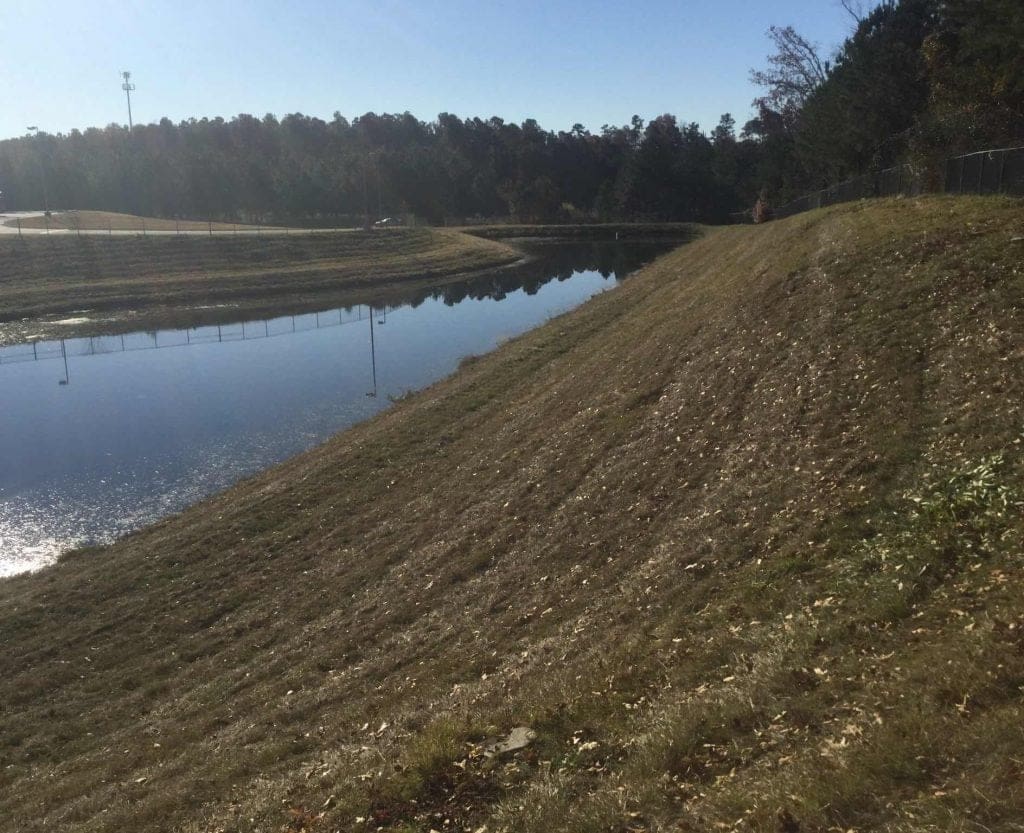Planning
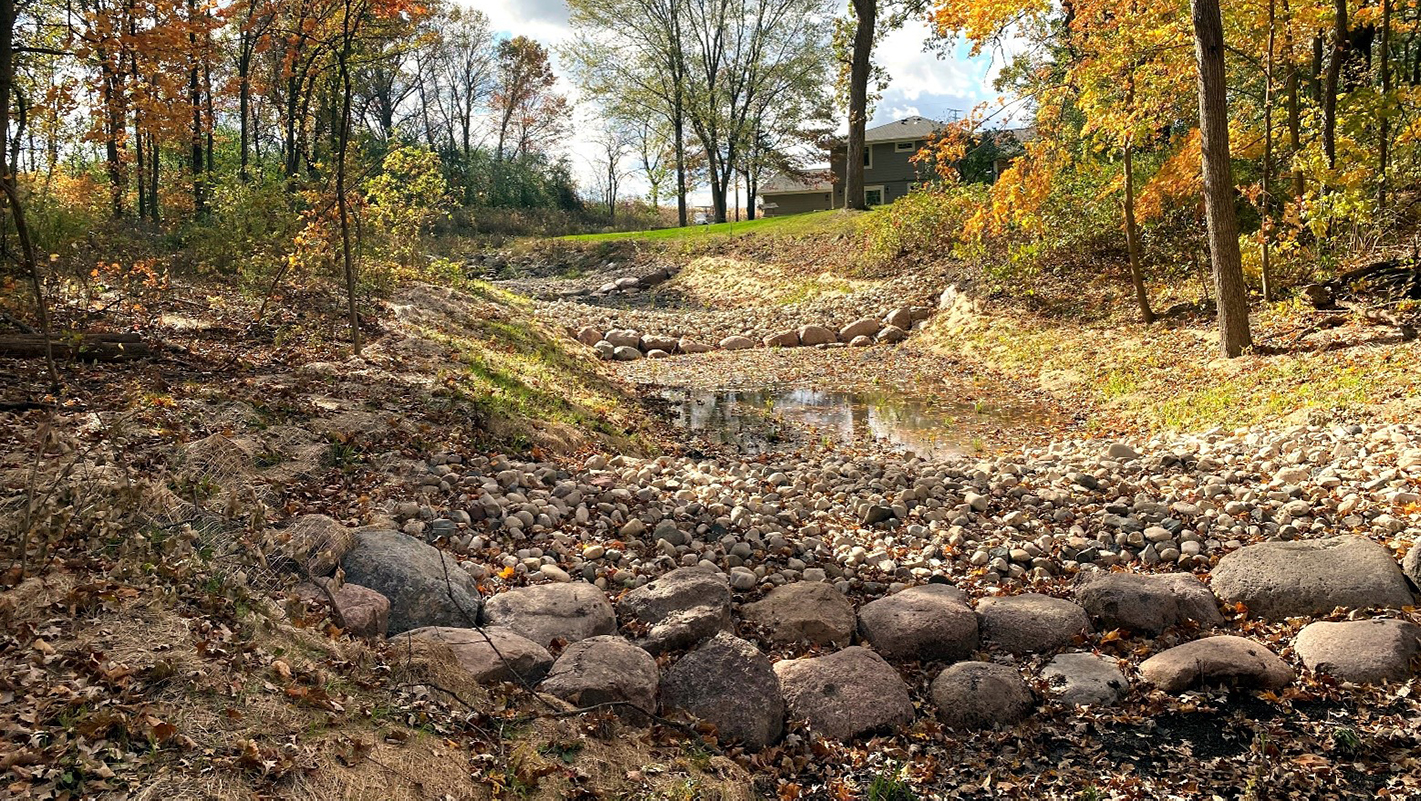
What is Sustainable Water Planning?
Sustainable Planning involves looking at the big picture and making future focused plans that observe the overall impacts on our environmental, economy, and social needs. At AQUALIS our engineers create systems meeting the present needs and anticipating future demands with an emphasis on efficiency, in addition to environmental and resource protection. We create innovative and compliant plans that implement long-term sustainability, enhancing your community and your assets.
Services
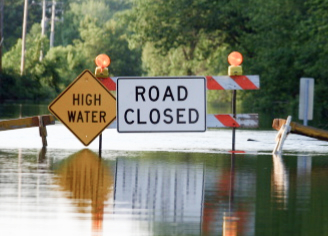

Nationwide Services
Review our locations and find your local representative with our interactive search.
Benefits of Sustainable Planning
Sustainable planning integrates all aspects of the site, future use, economy, resources and energy needs, how they all interrelate and are maintained in the long-term to benefit users. Each community and its commerce have planned existing and future land uses. Each utility serving these communities has systems that manage their operations and maintenance sustainably, and the effective planning for each of these entities is a crucial first step.
- Sustainable planning involves implementing cost-effective management strategies that offer the best return on investment, both financially and environmentally. Utilities can reduce operational costs by focusing on energy-efficient technologies, using materials that require less maintenance, or adopting practices that reduce water loss.
- Using sustainable planning practices to determine and develop the necessary infrastructure, ensuring the investments provide long term benefits as they target current needs as well as future needs.
- Sustainable planning leads engineers to develop more possible solutions, allowing creative water management solutions including both traditional and innovative approaches. This custom approach allows clients to imagine all possibilities and select the best solution.
What are Examples of Community Sustainability Goals?
Community goals could include improving or meeting regulatory compliance, reducing energy costs by using efficient equipment, implementing water conservation programs or use reclaimed water to extend water supply, or integrating non-traditional green infrastructure to combat wet weather impacts.
Is Stormwater Damaging My Property?
- Most common type of property damage from stormwater is structural damages, leading to flooded basements or a leaking roof in heavy storms. Stormwater can also cause cracks to occur in the foundation.
- Private water wells and on-lot septic systems can be impacted or damaged from standing surface water, leading to contamination
- Soil erosion of lawns, fields, and driveways can lead to flooding. The wet soil conditions can be too unstable, leading to damage or loss of property
Does Sustainable Planning Address Permit and Regulatory Requirements?
At AQUALIS we know compliance is crucial, and with our gained knowledge we provide sustainable planning to clients, ensuring the solutions developed follow any and all local, state, and federal regulations. This can include a National Pollutant Discharge Elimination System (NPDES) permit, as well as a Municipal Separate Storm Sewer System (MS4) permit, depending on site specific requirements.
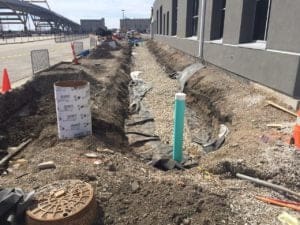
AQUALIS assisted MWF in applying for and receiving $72,100 in grant funding from the Milwaukee Metropolitan Sewerage District (MMSD) and $25,000 from the Fund for Lake Michigan to manage the site stormwater runoff using green infrastructure.
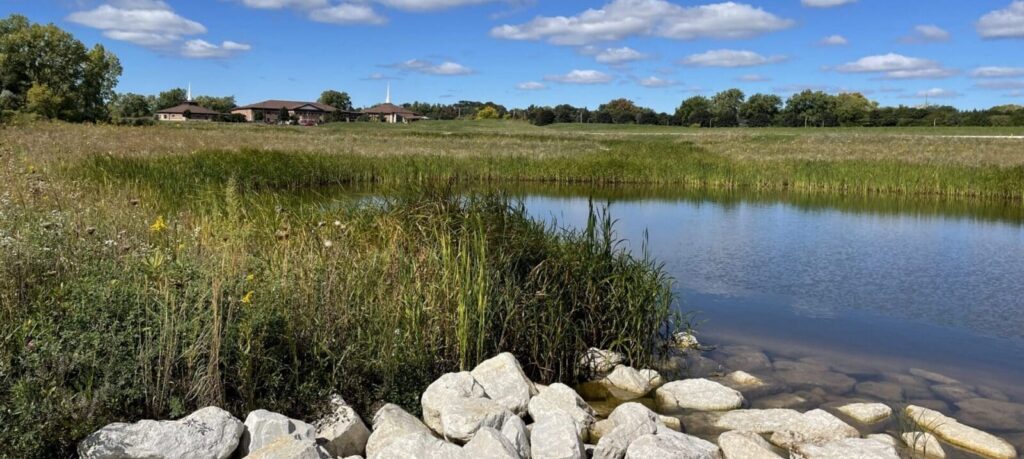
Follow a municipal example of implementing a Green Infrastructure Comprehensive Plan, from modeling and evaluating the need and location for GI, through design and funding, to planning and scheduling for maintenance.
Case Studies
Did you receive an NOV? Have an urgent need? We can help.
Reach out to an AQUALIS representative today.




